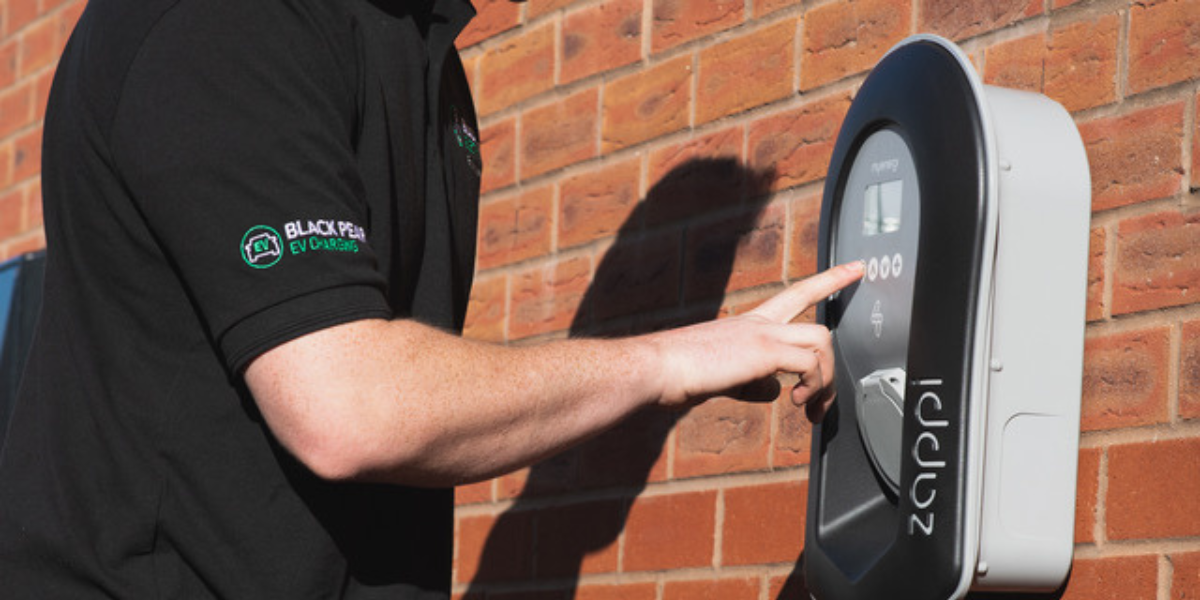You may be aware that as of June last year, all EV chargers sold in the UK for home or workplace use must support a certain level of smart functionality and meet a set of minimum requirements. These regulations concern mainly connectivity, privacy and security, off-peak charging, and phased charging times. The second part of these regulations came into force on the 30th December 2022 and focuses more on the increased security. All new charge points under these regulations must now include a tamper detection mechanism. This device records any attempts to remove the front cover and notifies the charge points owner. Charge point owners must now be able to see a log of notifications in relation to their charger via a recorded security event log.
The drastic growth in EV use is placing power grids under strain, and meeting the growing electricity demand is an ongoing challenge for countries across the world. To combat this, governments and individuals are looking at smart charging as a way to manage EV charging loads and optimise energy use. By enabling connectivity between a charger and the end user, an EV smart charger allows easy monitoring and control of the charging process. This shows great potential for reducing the strain on power grids by allowing EV charging to automatically adjust to changes in load on the grid.
A number of ‘SMART’ requirements were introduced including a built in randomised delay to eliminate surge demand on the grid as well as the ability to set charging times to make best use of off-peak times and cheap rate tariffs. The aim is to avoid charging during peak hours, specifically between 8am and 11am and 4pm to 10pm.
To avoid a peak in electricity demand at 10pm from millions of EVs starting to charge simultaneously, the government requires chargers to be able to delay charging by up to 30 minutes, to protect the electricity grid. This way, EVs can start charging in phases, smoothing out the increase in demand over a longer period, thus making it more manageable. As with the previous features, EV drivers will always stay in control and can manually override the delay if they wish to charge immediately.
For those who had a charging station installed before 30th June 2022, it is exempt from these requirements and will continue working even if it doesn’t have any of the above-mentioned features. However, if you upgrade your charger, or install another one, it will need to meet the new requirements and be capable of smart charging.
If you’re considering installing an EV charger at your home or workplace, you might be wondering how you can leverage smart charging. To understand how smart charging works and learn more about its practicalities please get in touch with our team today on 01905 700490.
